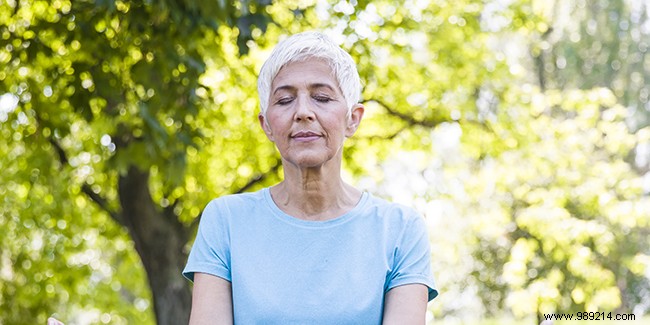
Meditation practitioners rave about its life-changing effects. By focusing on your breath and observing thoughts without judgment, it sparks profound inner transformation, delivering peace, serenity, and mental clarity—even when other methods fail. Just a few minutes daily can ripple positively through your entire routine. Like many popular wellness practices, it invites skepticism yet inspires countless success stories. Dedicated practitioners swear by it. So, what exactly happens during meditation, and how can you begin?
Picture yourself comfortably seated in a quiet space, with your mind as the projector screening an inner film. For most, it's a chaotic montage—thoughts hijacking the narrative, one after another. Meditation teaches detachment: thoughts arise naturally, but you learn to observe them as a neutral spectator, not the director. It sharpens focus inward, not by emptying the mind (who wants a blank screen?), but by gently releasing fixation on negativity, allowing thoughts to flow freely.
Unlike mere relaxation, meditation counters our fast-paced world of constant notifications, globalized distractions, and information overload. It's an evidence-based stress antidote, creating a mental buffer. Negative thoughts aren't erased—they serve purposes—but you gain tools to manage them without rumination, curbing anxiety effectively.
Meditation's advantages extend beyond the mind to physical health. Research shows regular practice boosts immune function, lowers cardiovascular risks, and even reduces pain sensitivity. In short, it enhances well-being holistically. No religious commitment required—modern meditation draws from ancient wisdom but stands as a secular tool, often sparking personal growth.
View it as mental hygiene: just as daily showers cleanse the body of accumulated grime, meditation clears the mind of parasitic thoughts. For enthusiasts, a day without it feels unimaginable, much like our view of historical bathing habits.
For older adults, meditation offers targeted gains. It supports heart health and immunity when the body naturally weakens, reducing stroke and heart attack risks. It also eases chronic pain, common with age.
Cognitively, it sharpens memory and concentration, potentially slowing brain aging. Studies suggest benefits against Alzheimer's progression. Essentially, consistent practice decelerates overall aging.
Seniors face anxiety from losses like a spouse's passing or isolation—despite less open dialogue in past generations. Meditation anchors you in the present, countering past regrets or bleak futures.
As populations age, 'aging well' emphasizes proactive wellness. Meditation empowers seniors, fostering agency in their health journey.
Meditation needs no gear—just you. Practice anywhere, anytime, solo, improving with consistency. Key: schedule a daily slot—morning, evening, post-lunch—and commit. This builds the habit, enabling meditation on demand.
Start with breath focus: observe inhales and exhales. Or use a mantra to scan the body from toes to head. Advanced "mindfulness" integrates it into activities—pioneered by Dr. Jon Kabat-Zinn as stress-reduction therapy.
Begin with books, classes (avoid cult-like groups), apps (often free or low-cost), or senior-specific programs in retirement communities. Master the basics, and it's a lifelong skill.